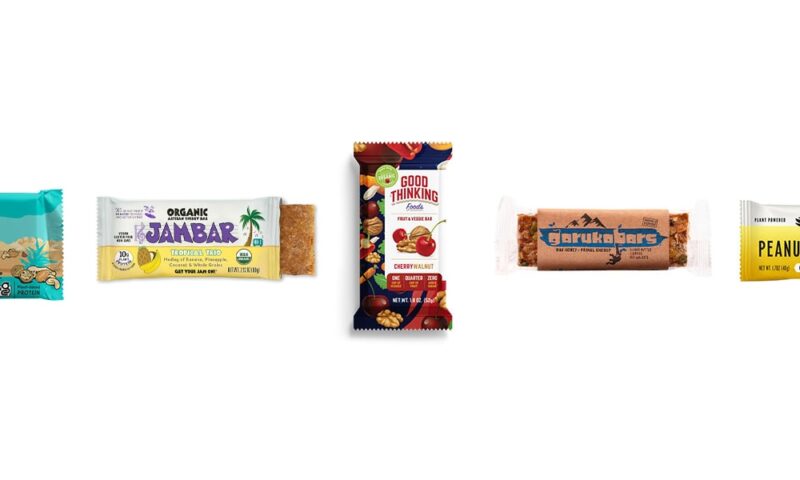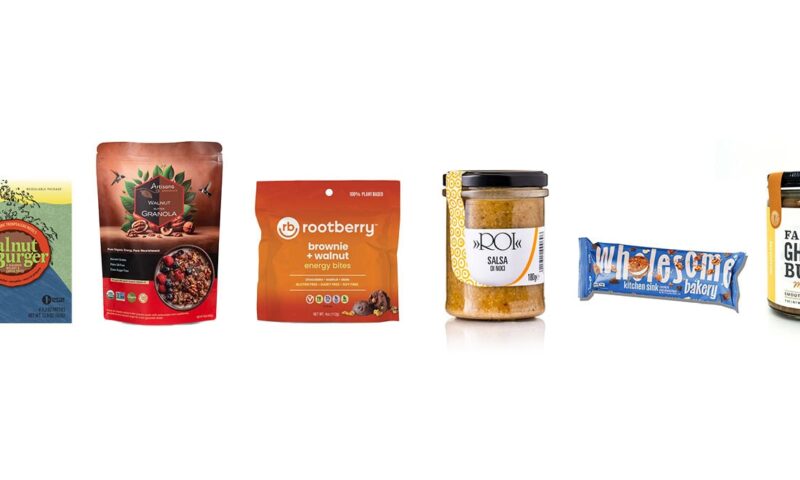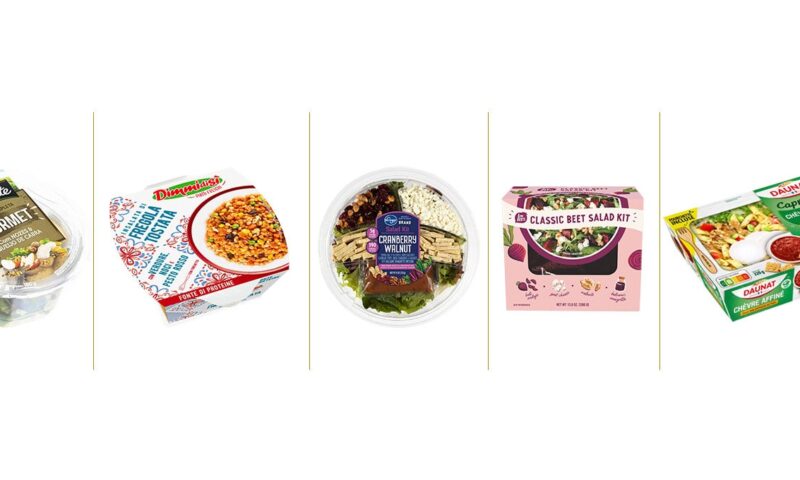Head to your local supermarket, and the competitiveness is evident in the bar aisle. A need for an energy boost, a tide-me-over snack or grab-and-go convenience are just a few reasons consumers are driven to this category. Now that bars are being used to replace the traditional “meal” altogether, there is a rising demand for increased functionality. How can a bar replace a center-of-plate entrée and vegetables? With plant-based ingredients like walnuts.
One ounce of walnuts offers 18 grams of total fat, 2.5 grams of monounsaturated fat and 13 grams of polyunsaturated fat including 2.5 grams of alpha-linolenic acid (ALA) – the plant-based omega-3, making them an ideal ingredient in meal replacement bars.
However, what makes a bar a meal replacement bar? Although there is no official definition, MarketWatch does offer some clues, including categorizing them as energy bars, nutrition bars or protein bars. Perhaps more important than the categorization is that meal replacement bars provide similar carbohydrates, fats and vitamins that a meal also contains. “They have the characteristics of low calories and strong satiety. The calorie content is generally lower than the ordinary diet, and most products have high protein and other nutritional value, whether it is to replenish energy during fitness, or as a nutritional meal replacement during weight loss, or as a daily meal.”
Meal Replacement Bars’ Popularity
Food Business News reports that nutrition bars are poised to see strong growth in 2022. Sally Lyons Wyatt, executive vice president for client insights at market research firm IRI, says that since more people are mobile again, the bar category is seeing great growth.
“Bars are in a winning situation since 2020 was a down year,” she says. “The momentum is there, and they’re bringing innovation that’s refreshing the shelf.”
We’ve rounded up some of the most innovative meal replacement bars we’ve seen on store shelves. Read up, then satisfy your cravings with one of these bars formulated with walnuts.
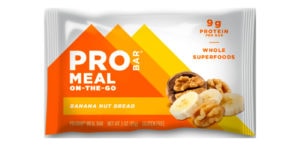
Banana Nut Bread, PROBAR
Mintel’s Snack, Nutrition & Performance Bars report said that protein is the “top driver for consumers when choosing a bar.” There are 4 grams of protein in one ounce of walnuts, and 9 grams of protein in PROBAR’s Banana Nut Bread Meal On-the-Go Bar. The company positions this bar as a breakfast meal replacement option “with nutrient dense calories to keep you feeling full and energetic for hours.”
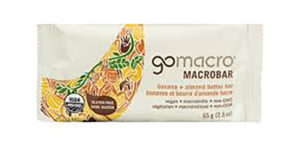
Prolonged Power MacroBar, GoMacro
Another protein powerhouse — at 11 grams per bar — comes with this organic, vegan and gluten-free MacroBar. Chopped walnuts, bananas and cinnamon are combined for a soy- and dairy-free meal replacement option.
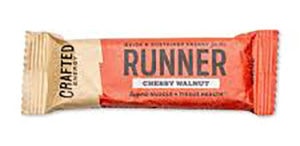
Cherry Walnut Runner Bar, Crafted Energy
Glanbia Nutritionals names Lifestyle Bars as one of its Top Nutrition Bar Trends for 2022. Meal replacement bars that satisfy a certain lifestyle choice are gaining in popularity, and the Cherry Walnut Runner Bar certainly fits the bill. The plant-based meal replacement bar includes “a focus on quick and sustained energy for endurance.” Walnuts are combined with oats, organic dates, organic agave nectar, coconut, pineapple, tart cherry and organic cacao nibs in this fulfilling bar.
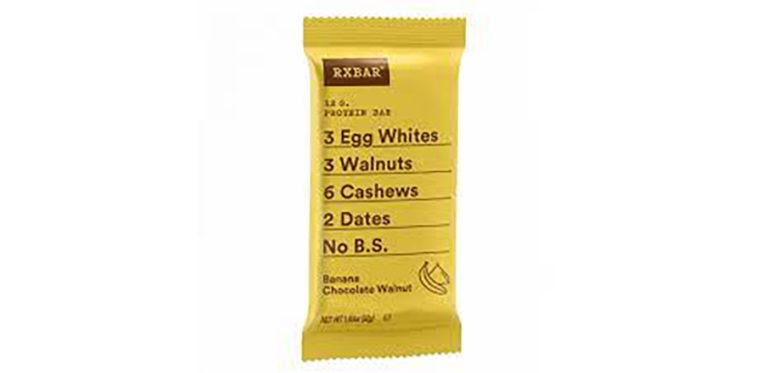
Banana Chocolate Walnut, RxBar
Not all meal replacement bars have to come in bigger sizes. In fact, Glanbia Nutritionals also named Bars in Smaller Sizes as another trend. “This provides a calorie-controlled, even better-for-you choice.” RxBar’s Banana Chocolate Walnut bar includes 12 grams of protein in just a 1.83 ounce package with minimal ingredients: walnuts, dates, bananas, chocolate and cinnamon.
For more inspiration on formulating meal replacement walnut bars, download our white paper on formulating functional bars.

